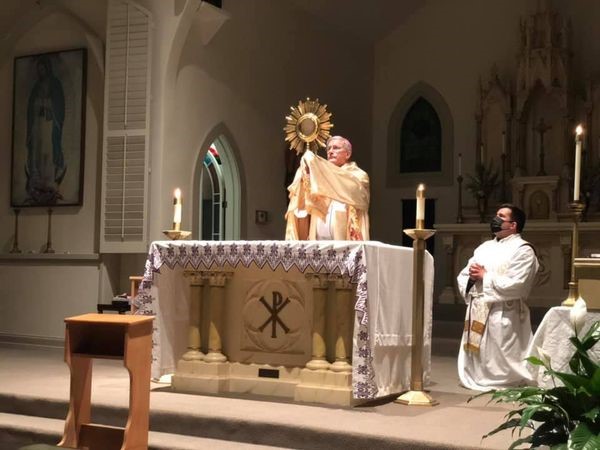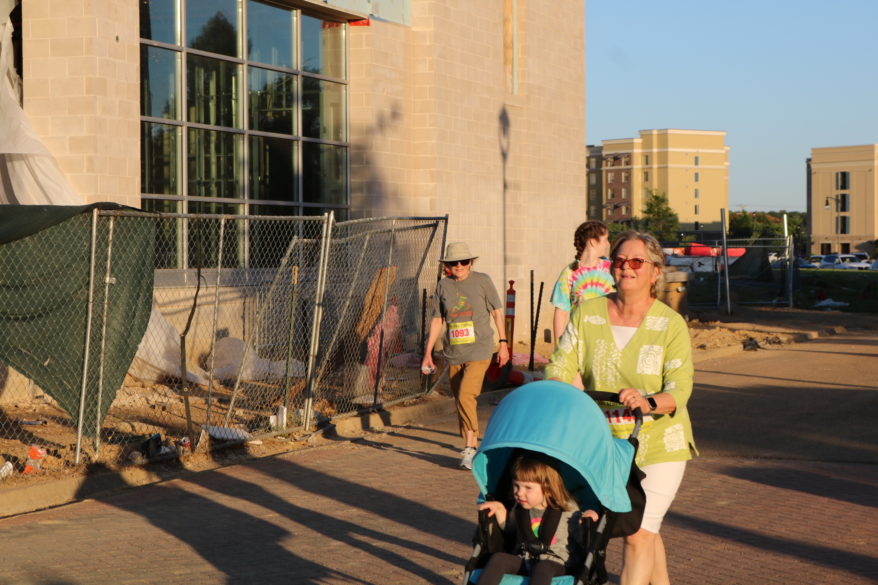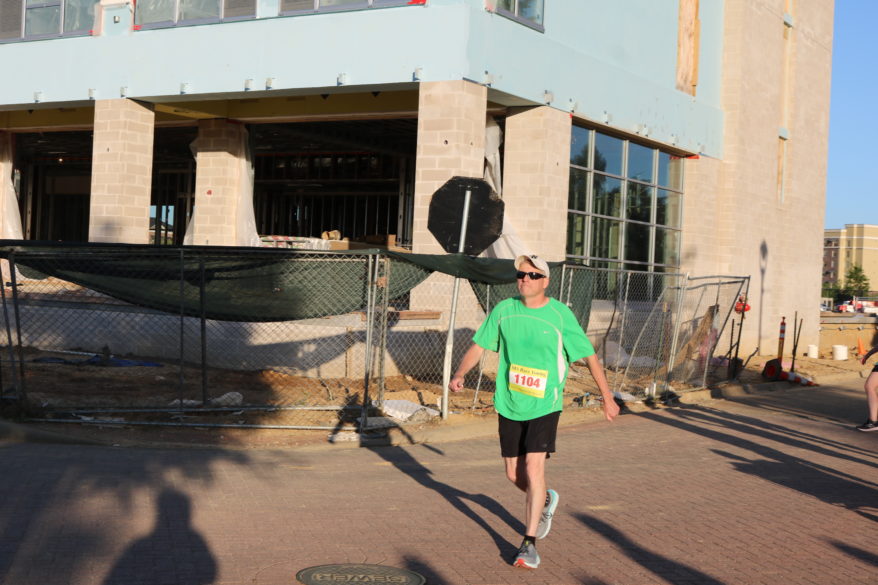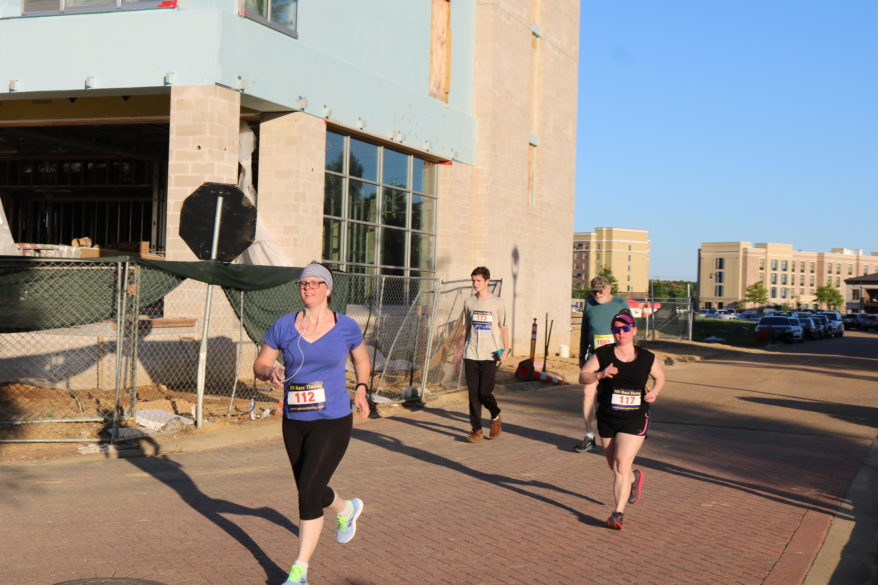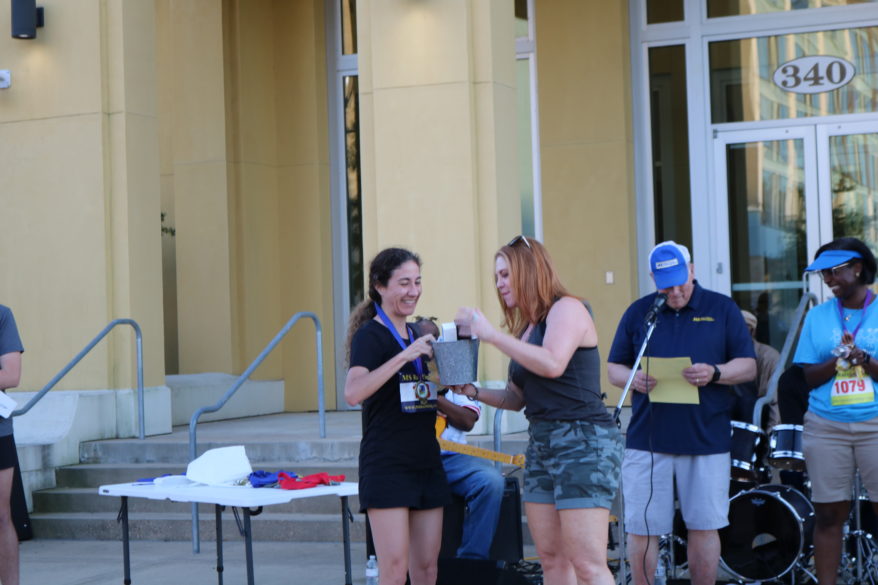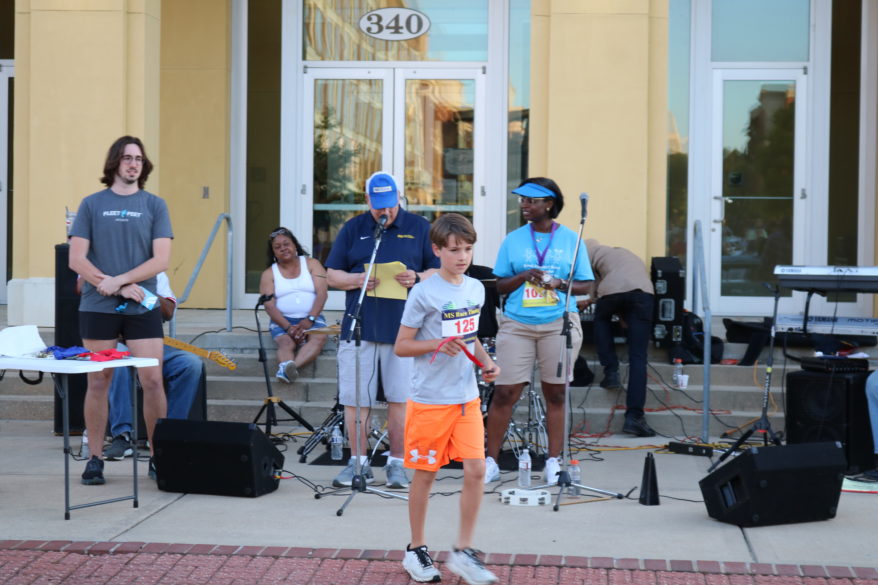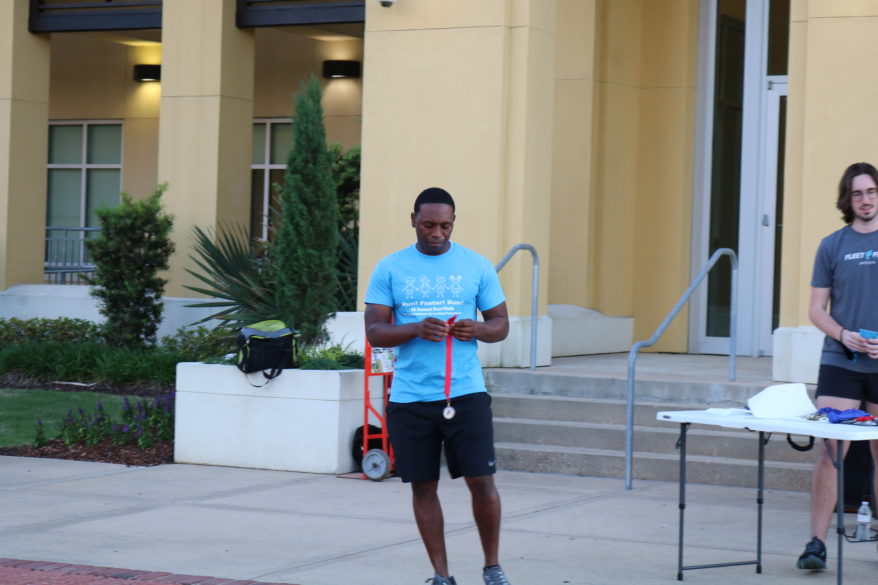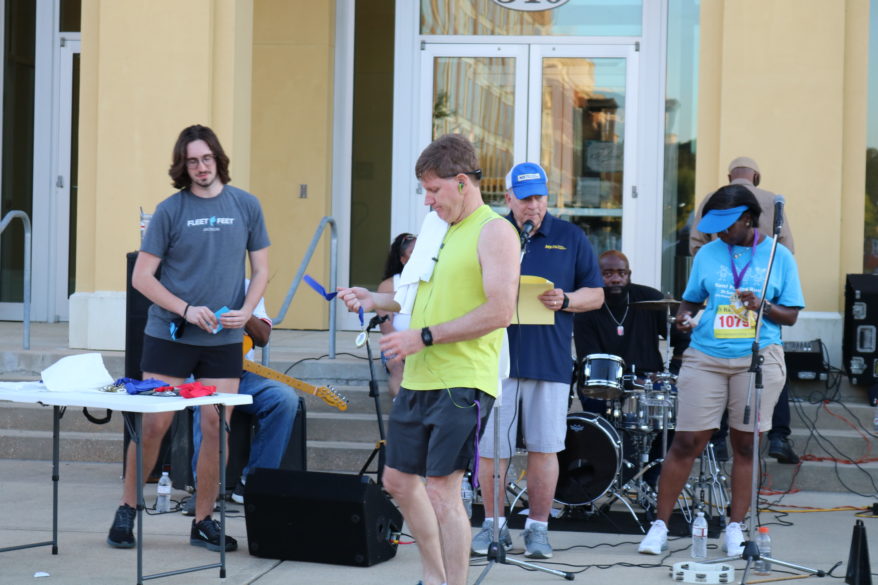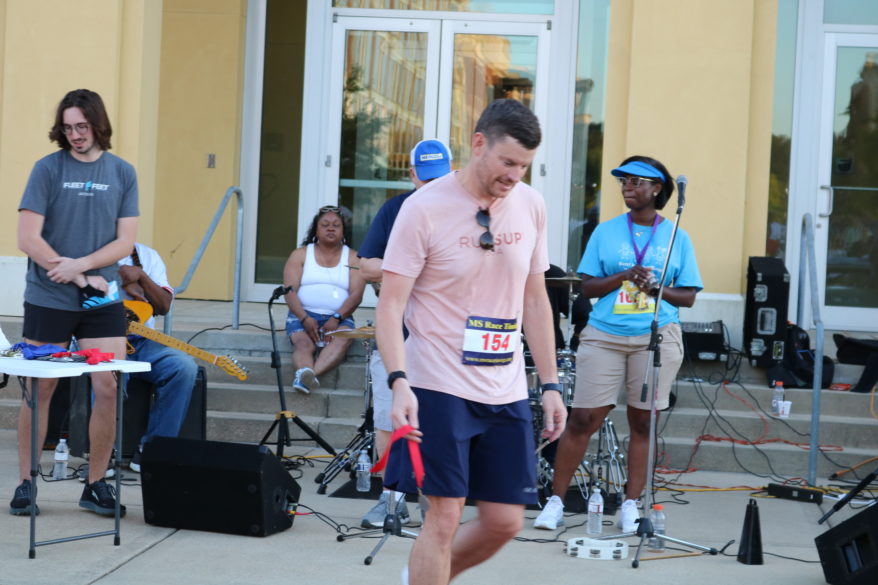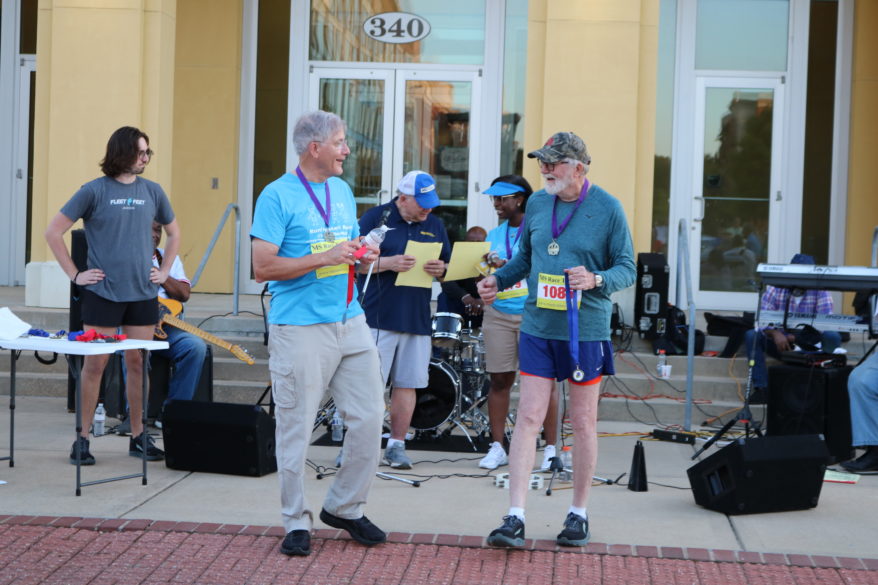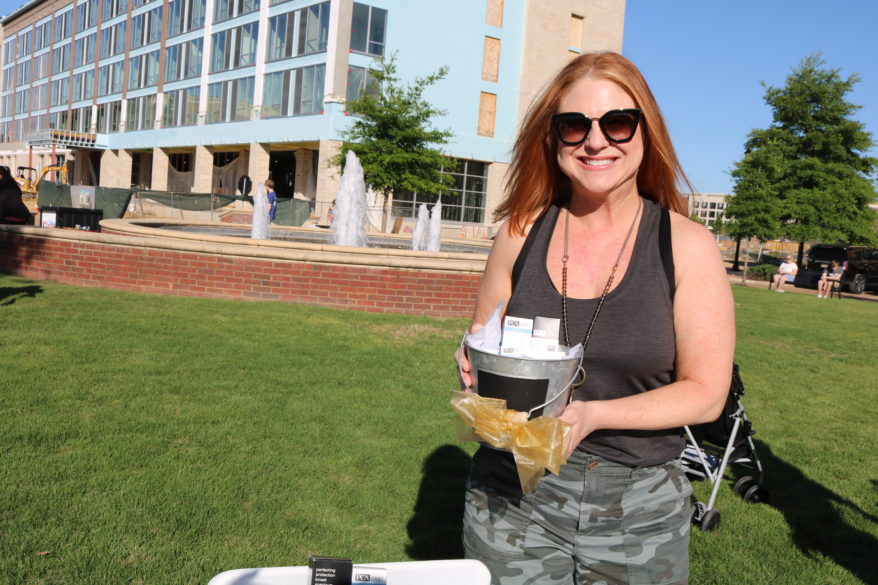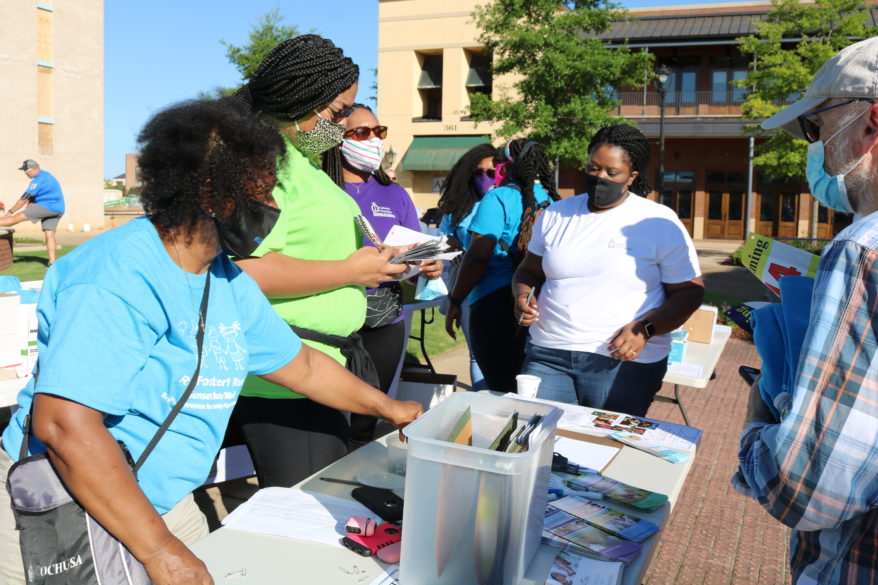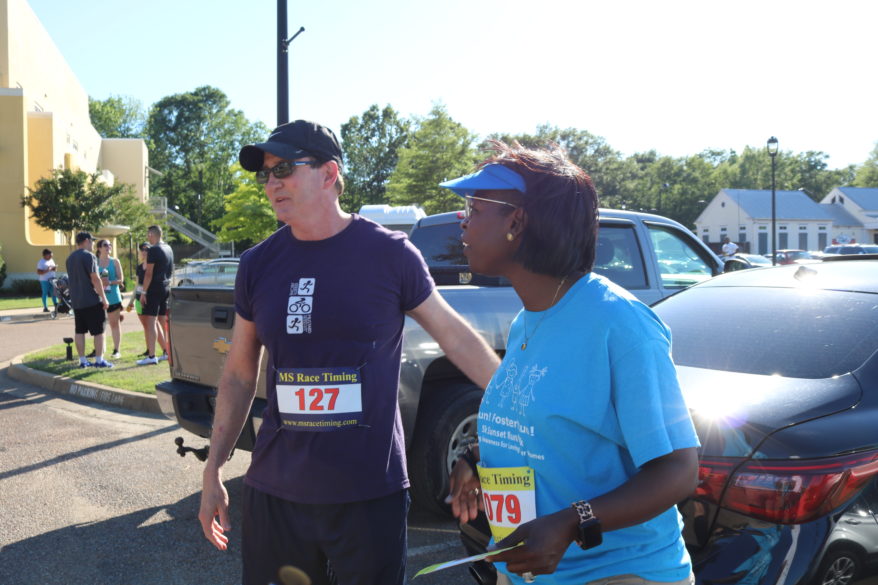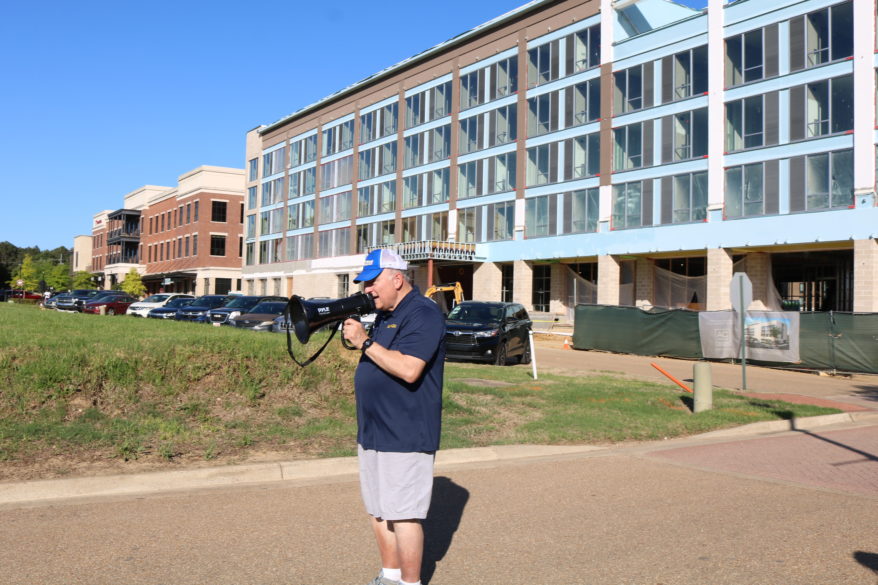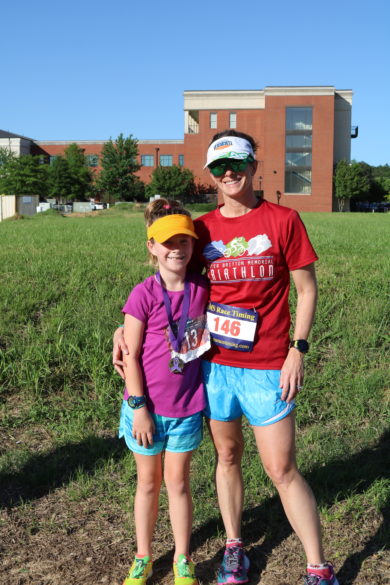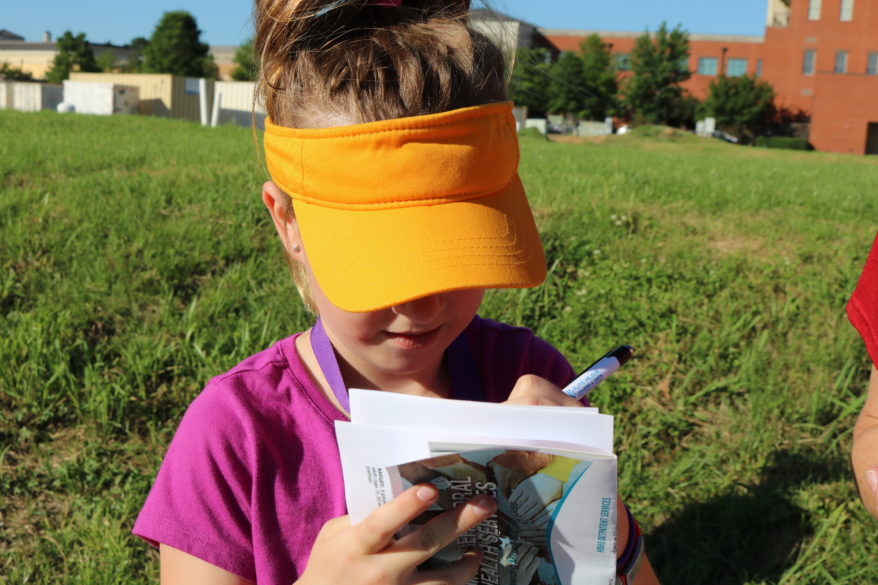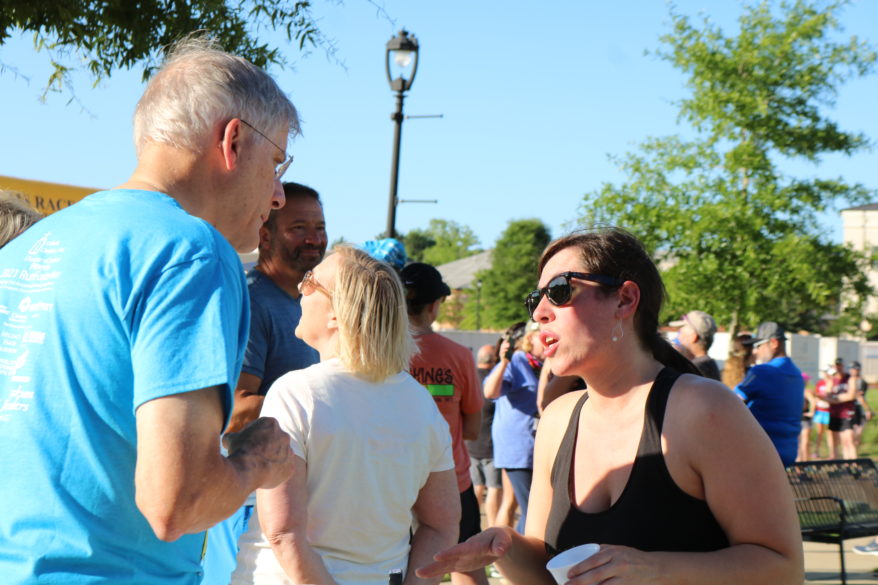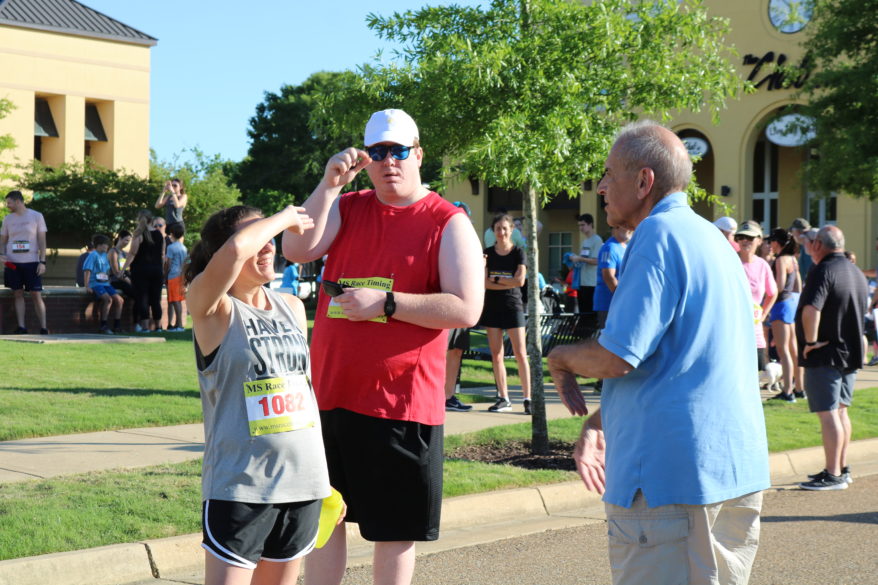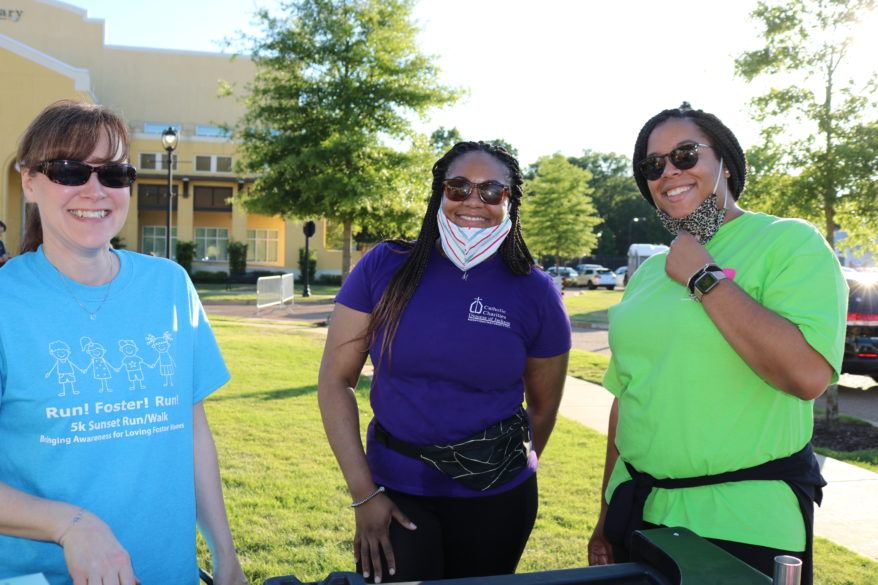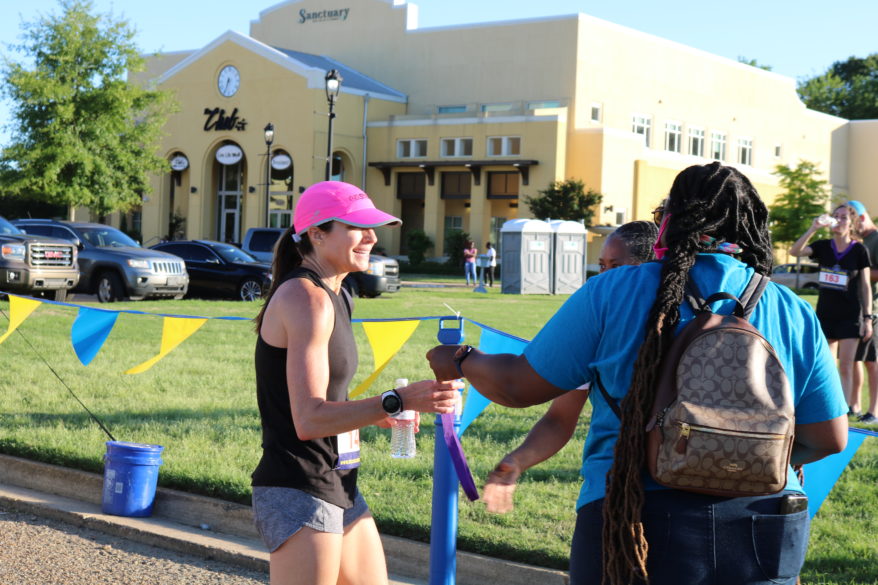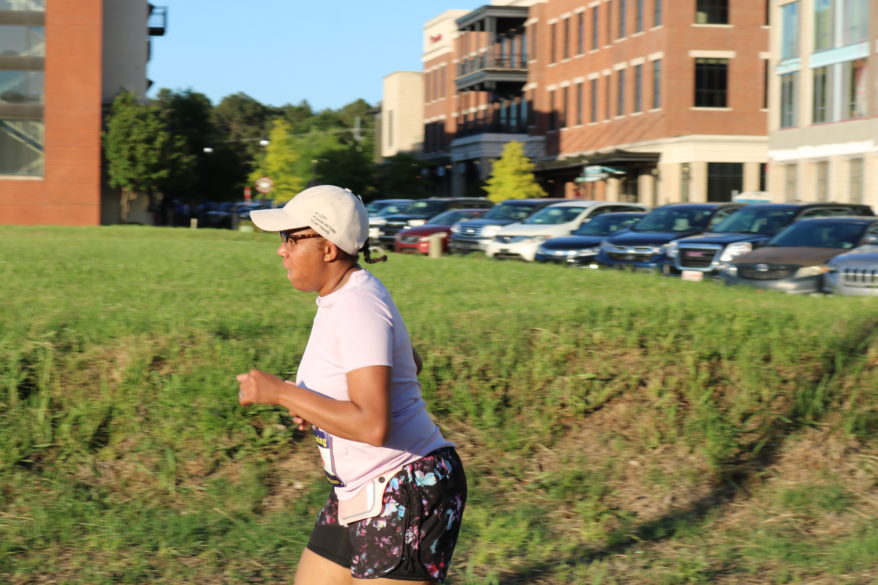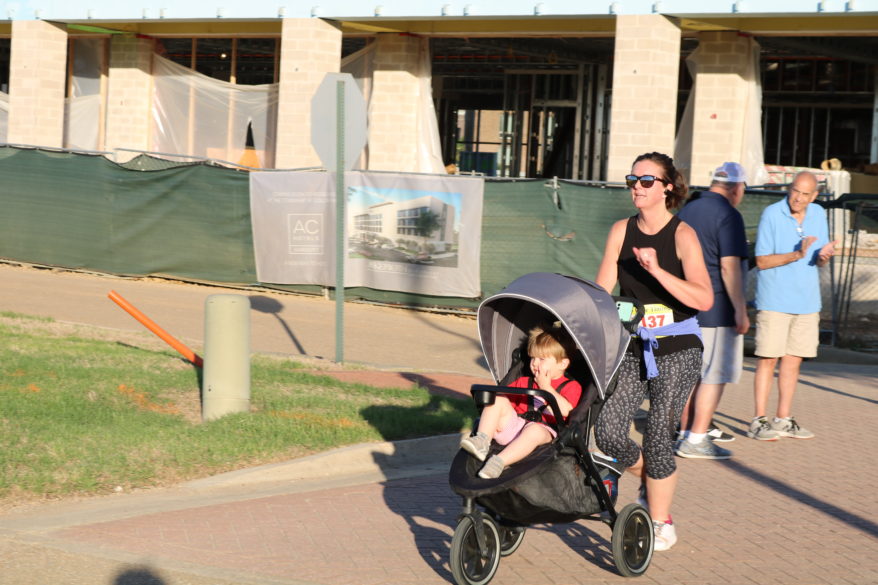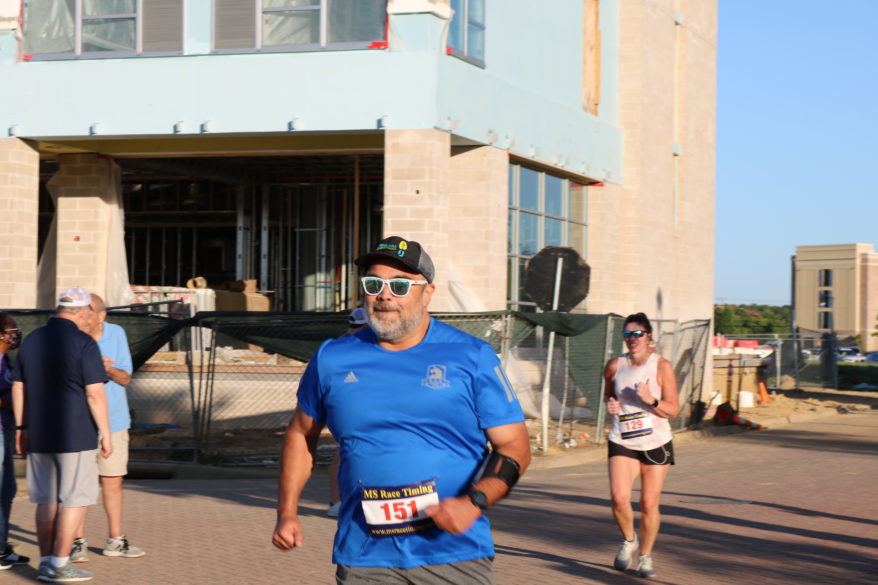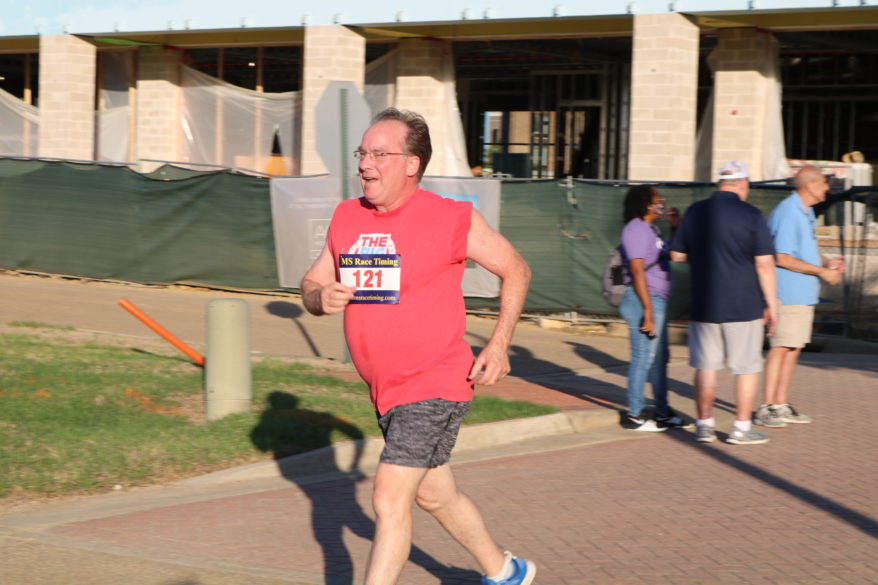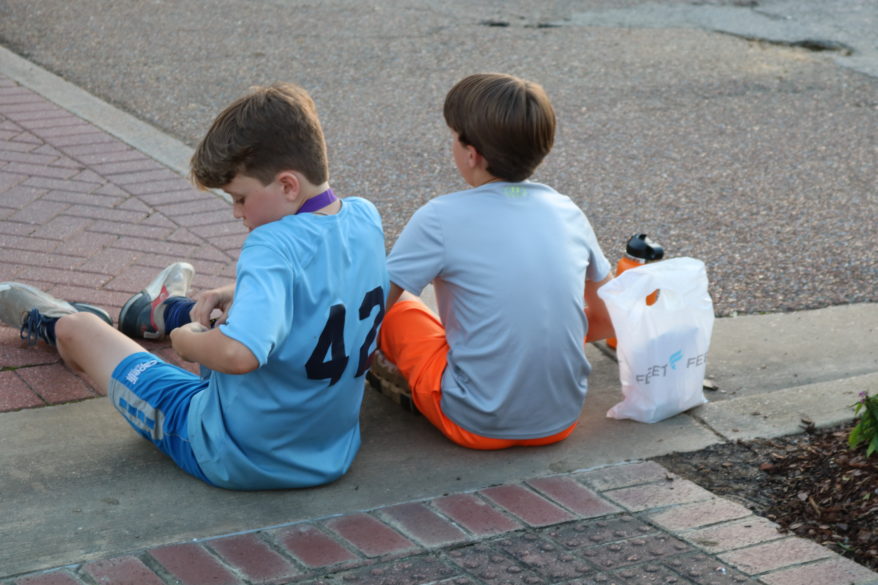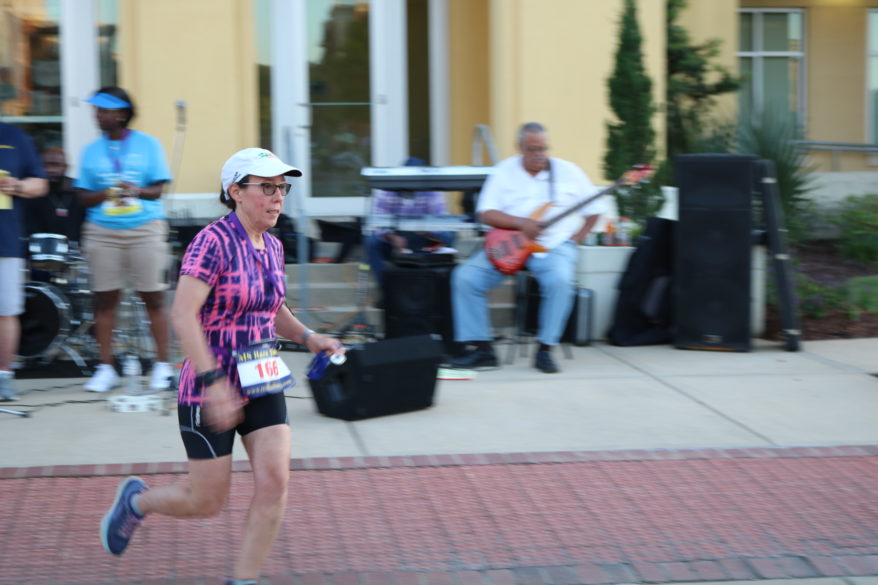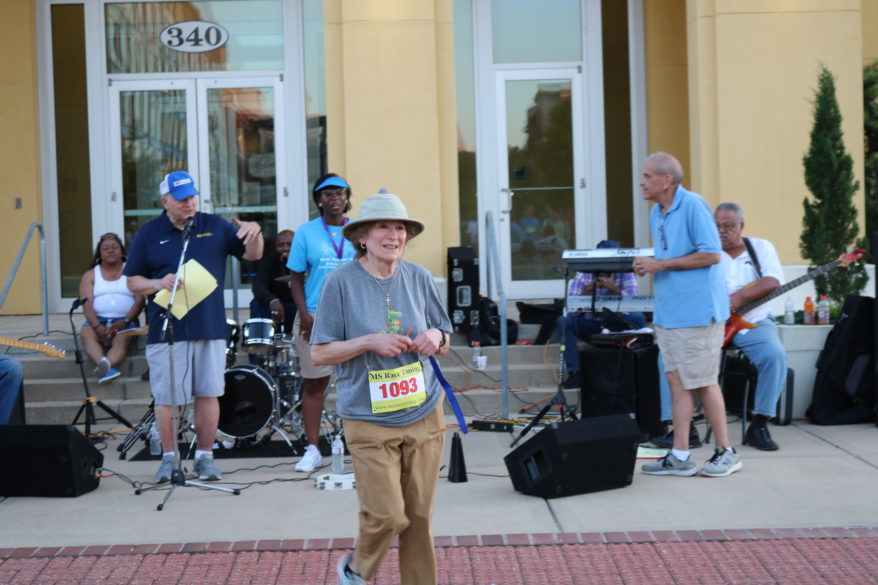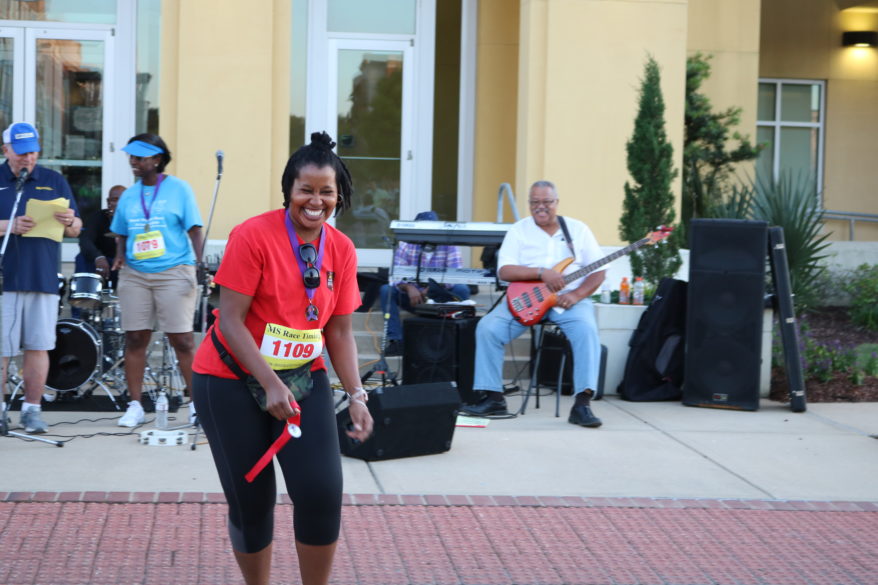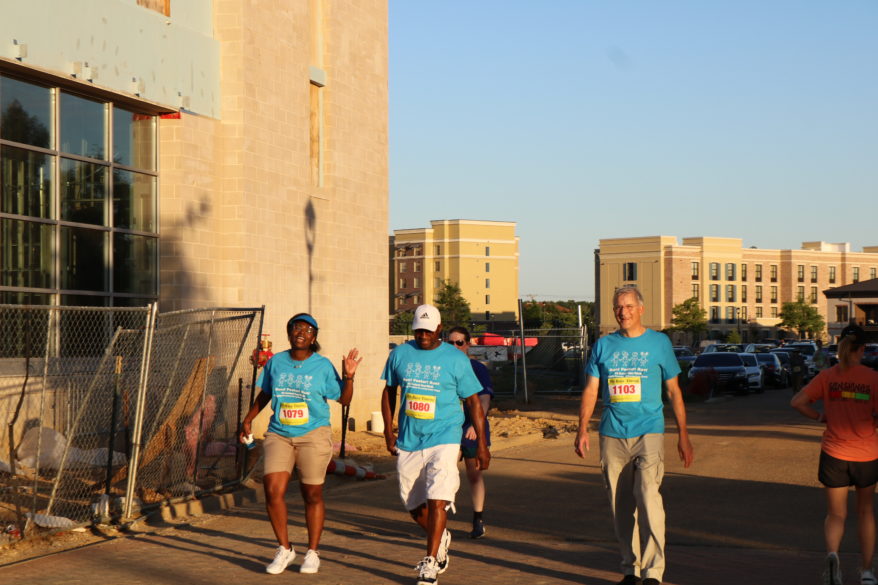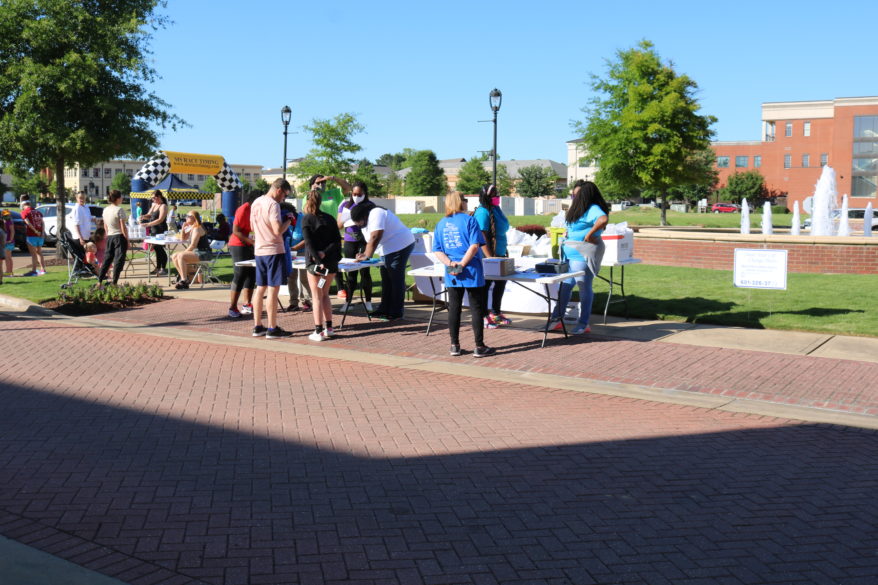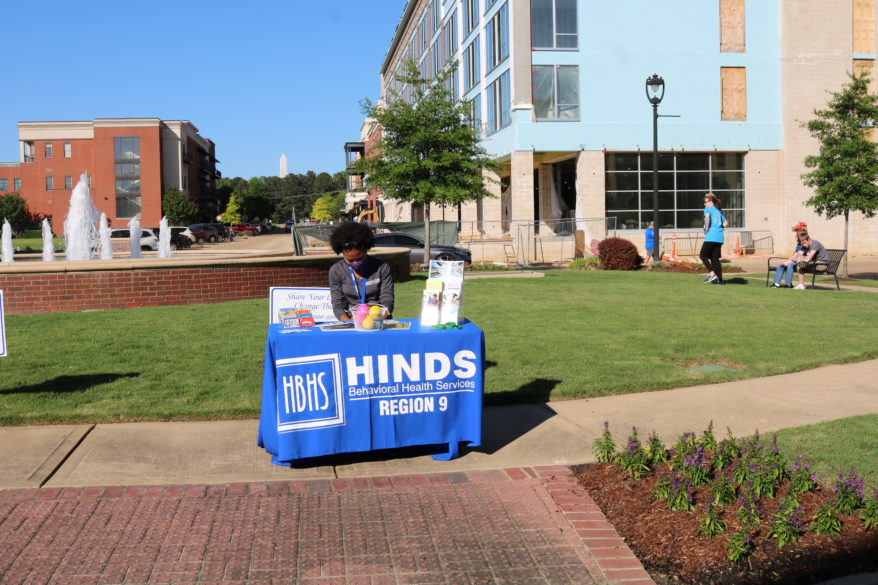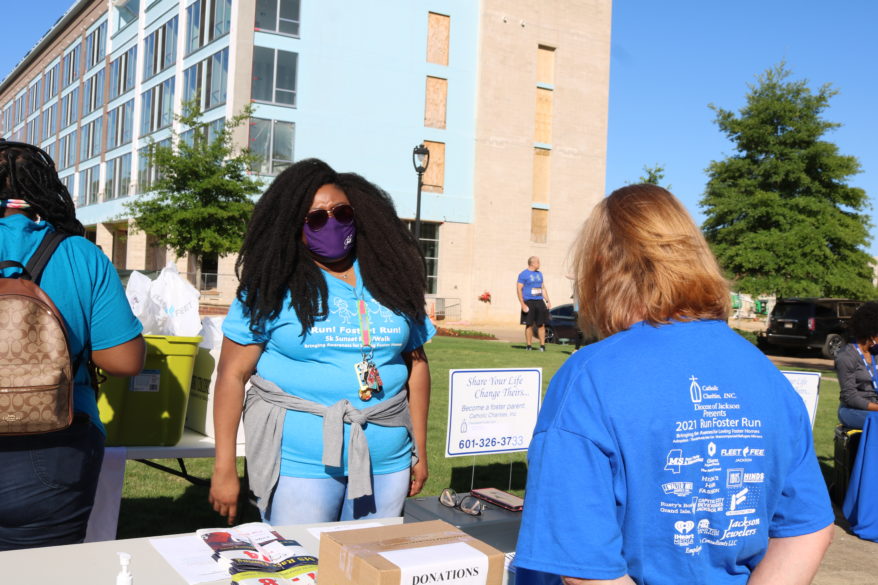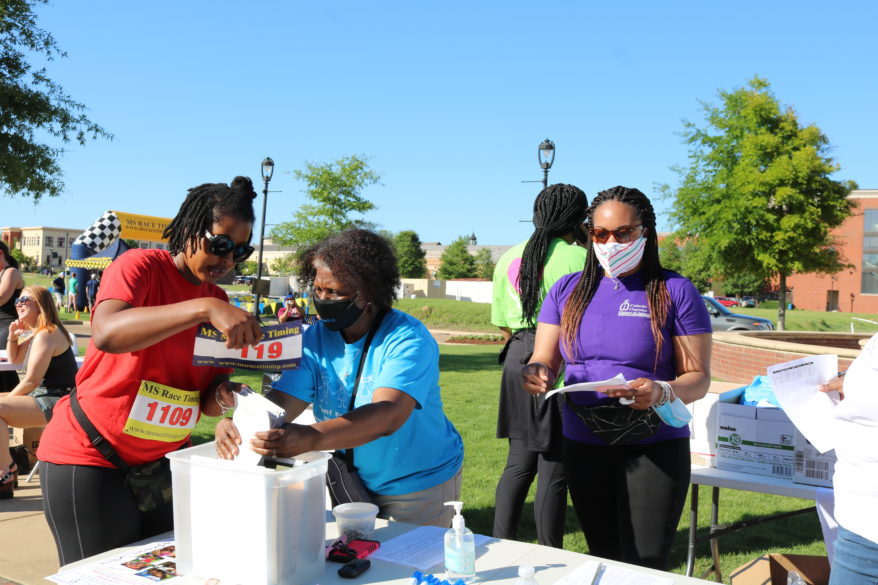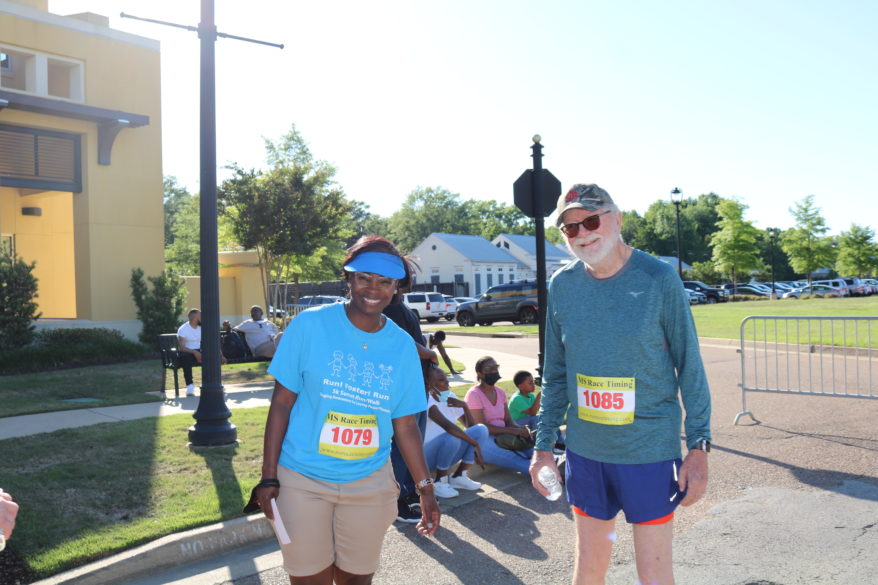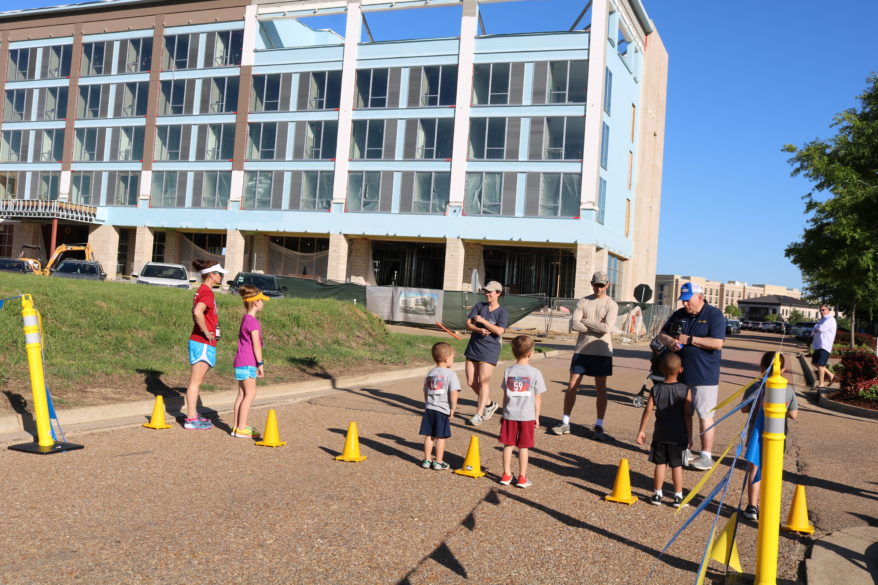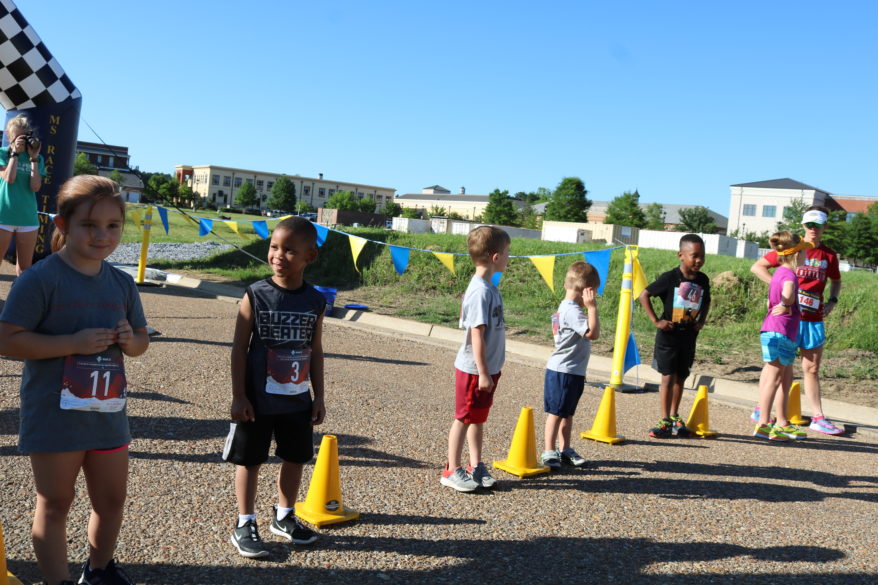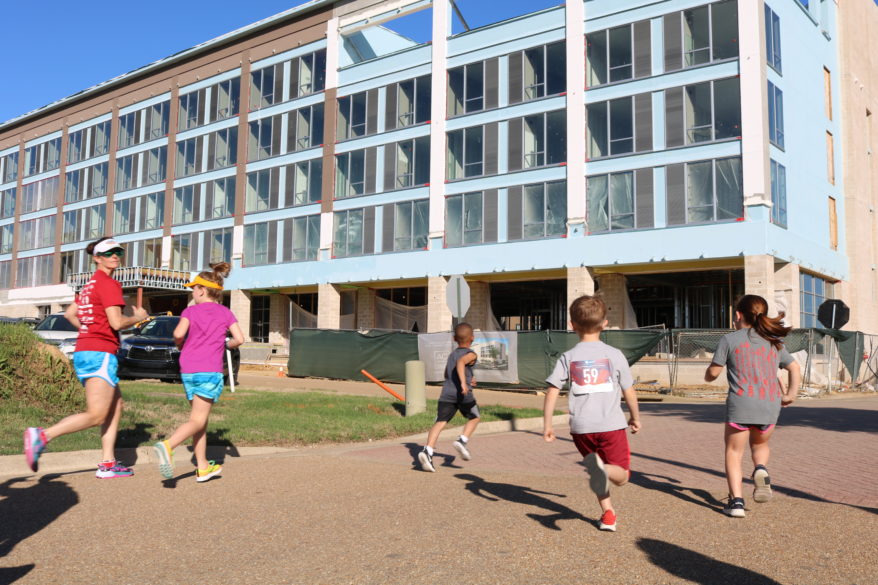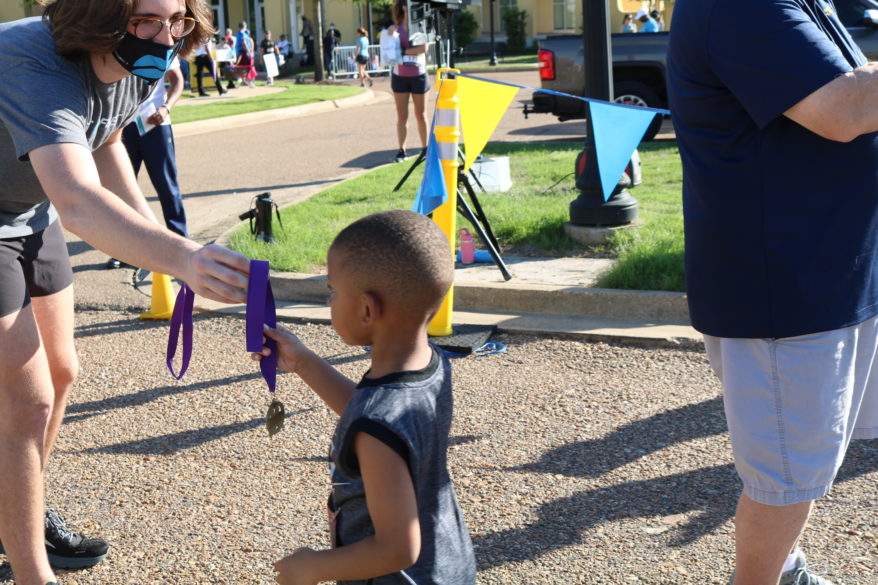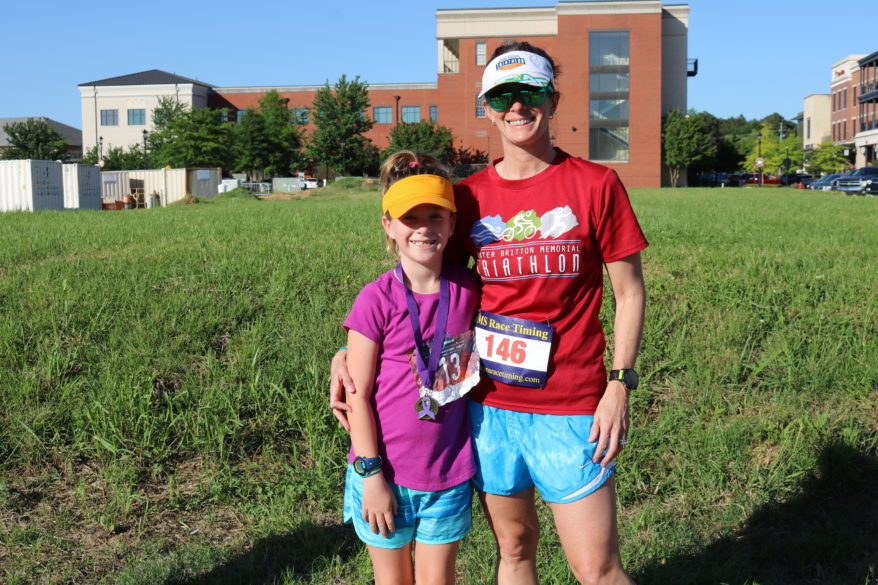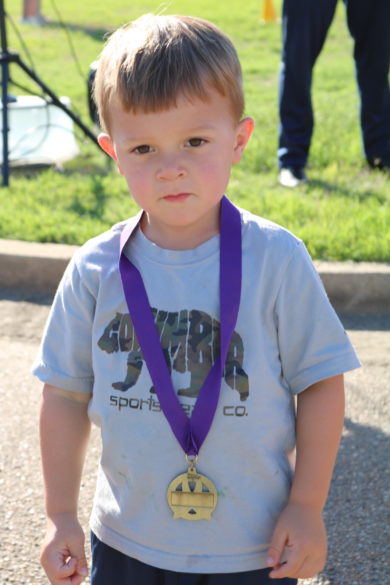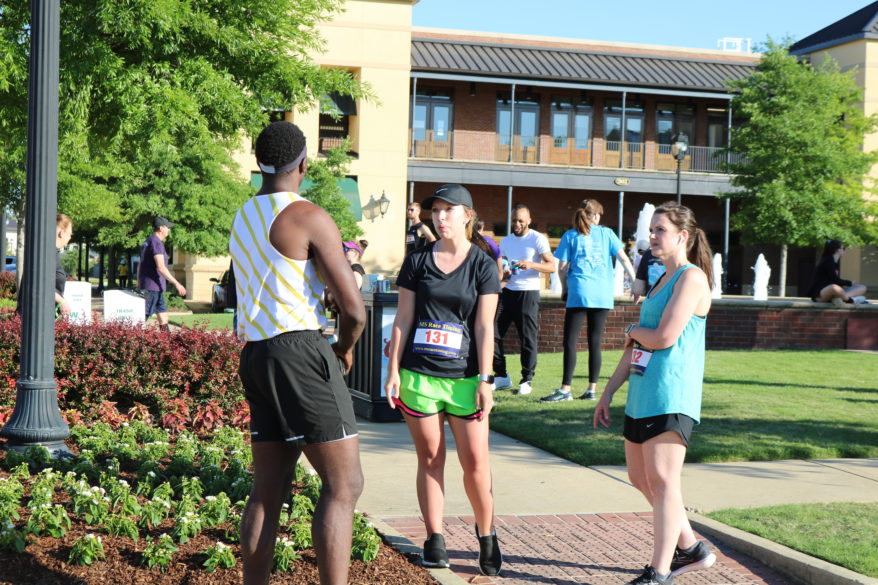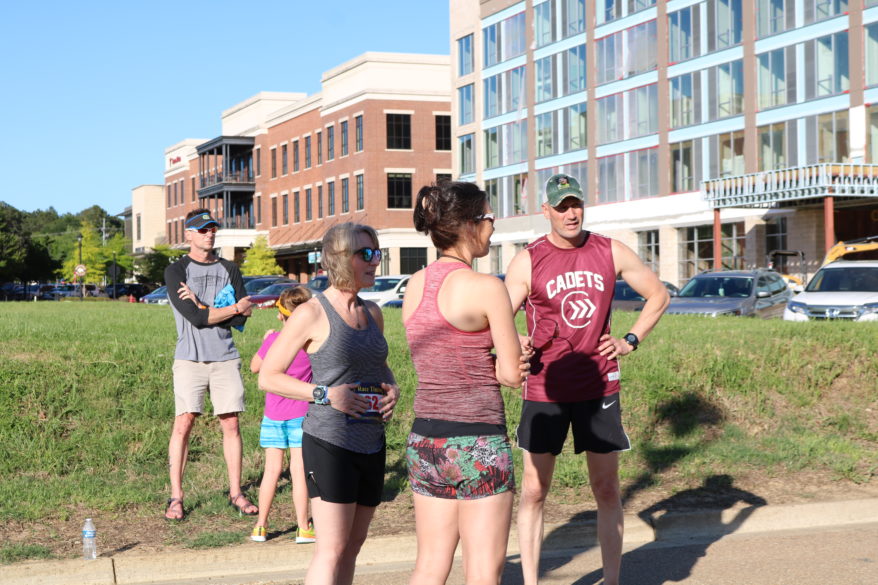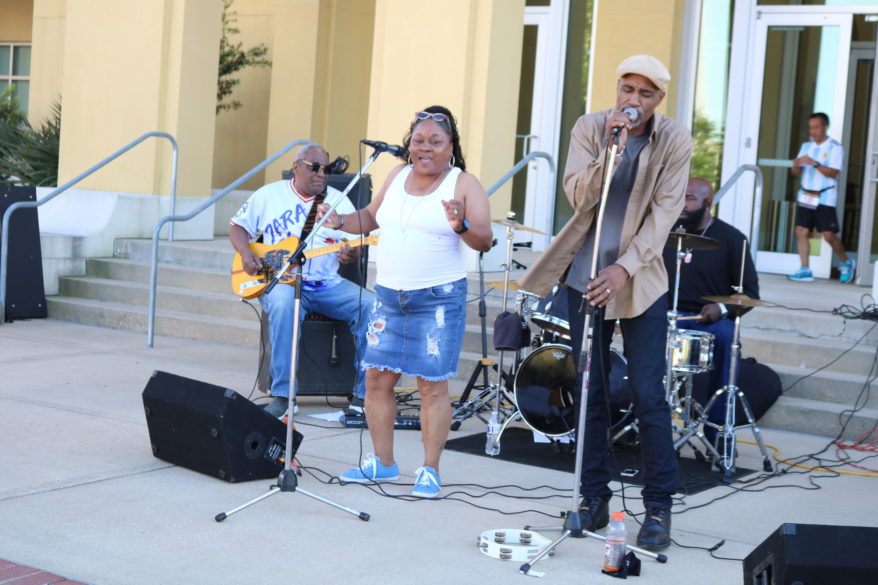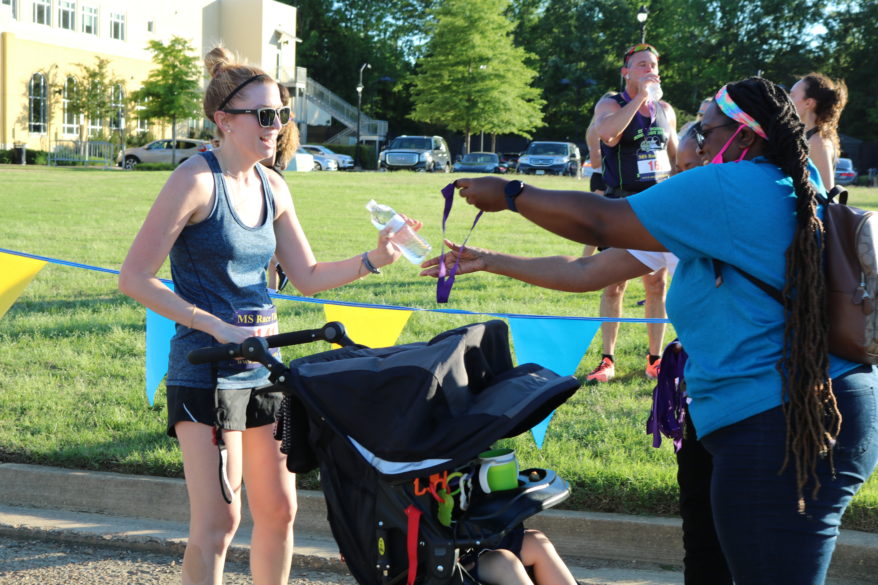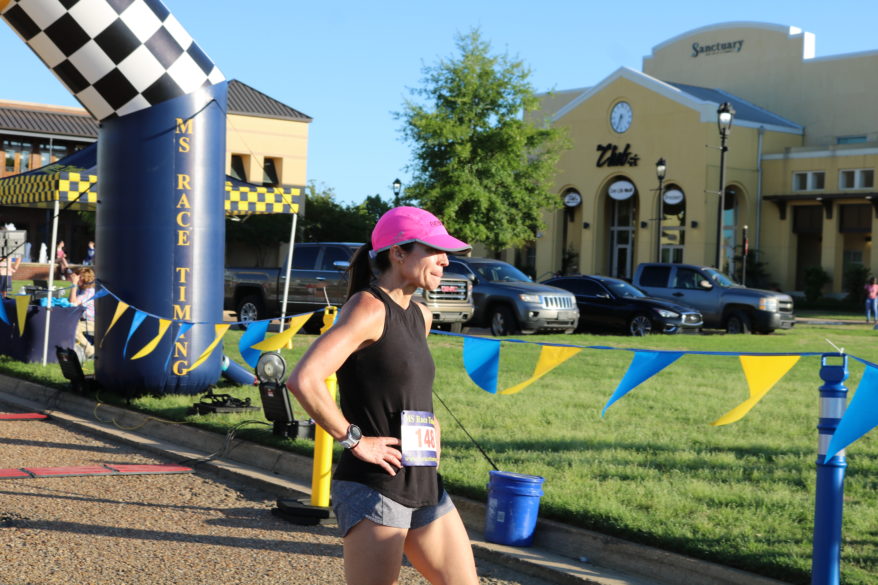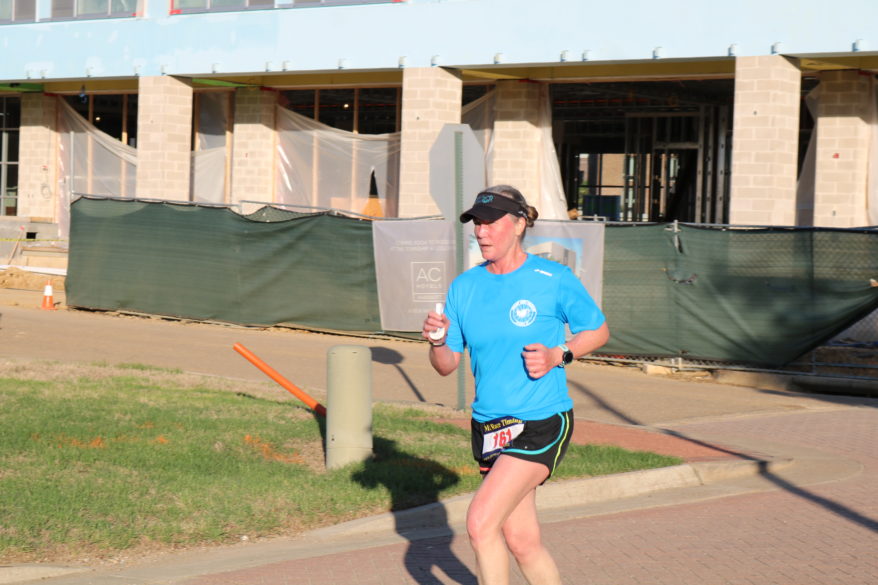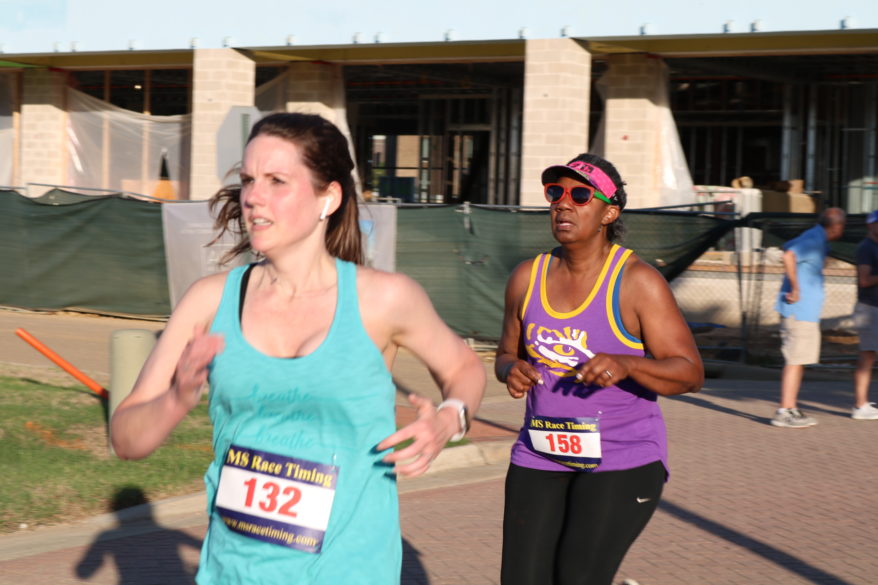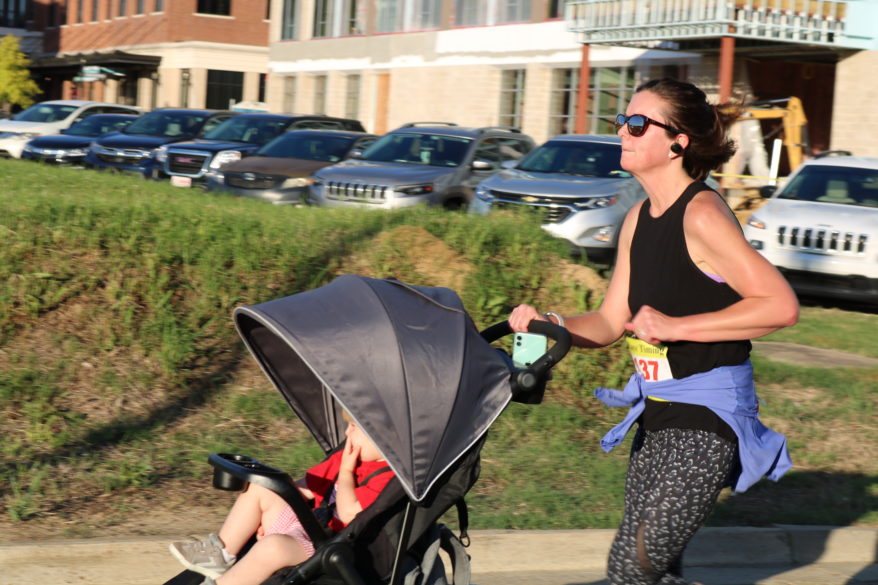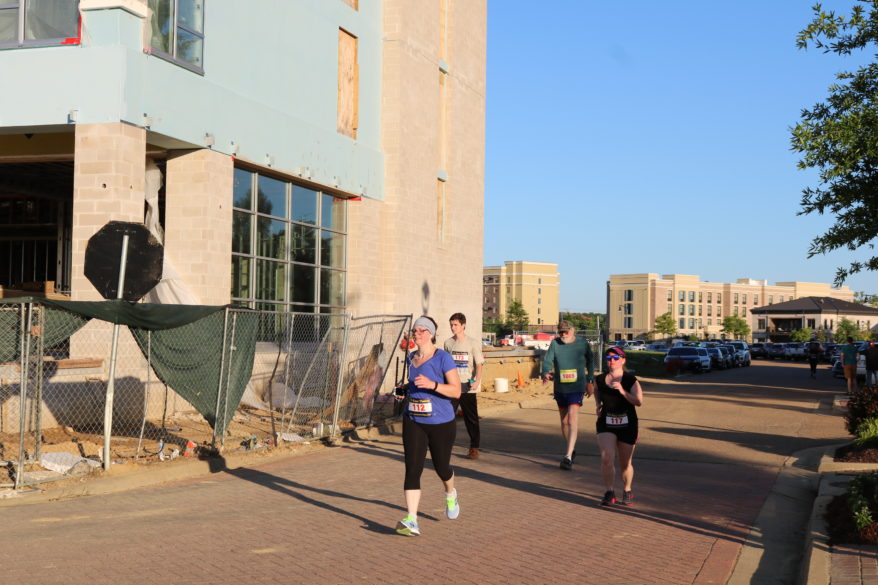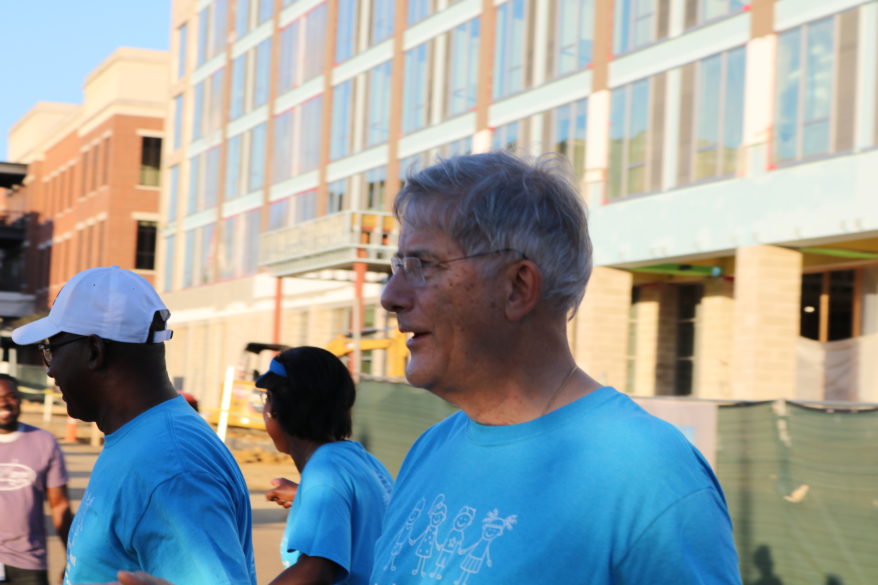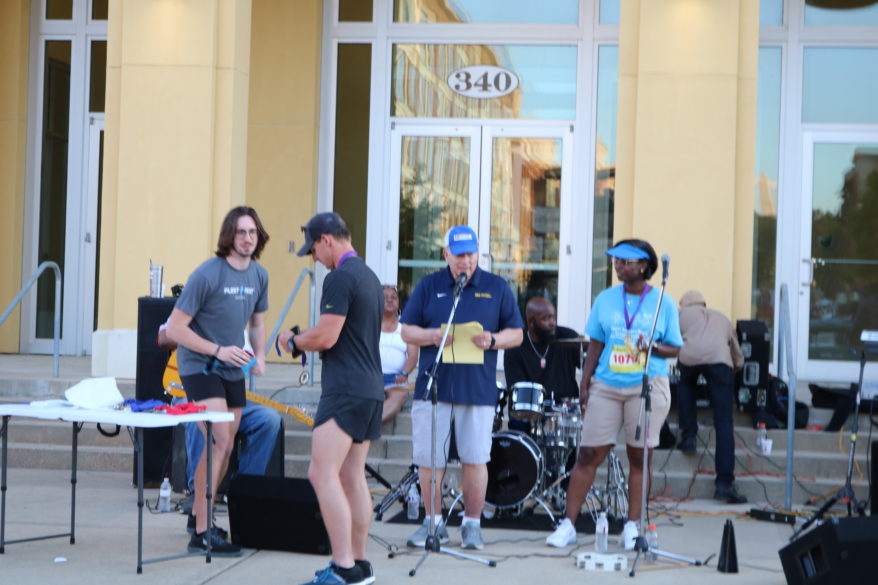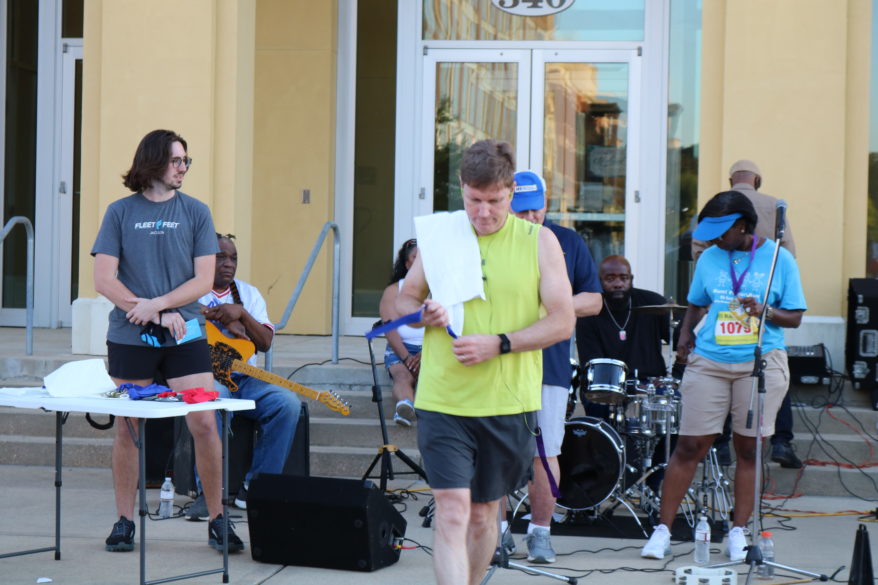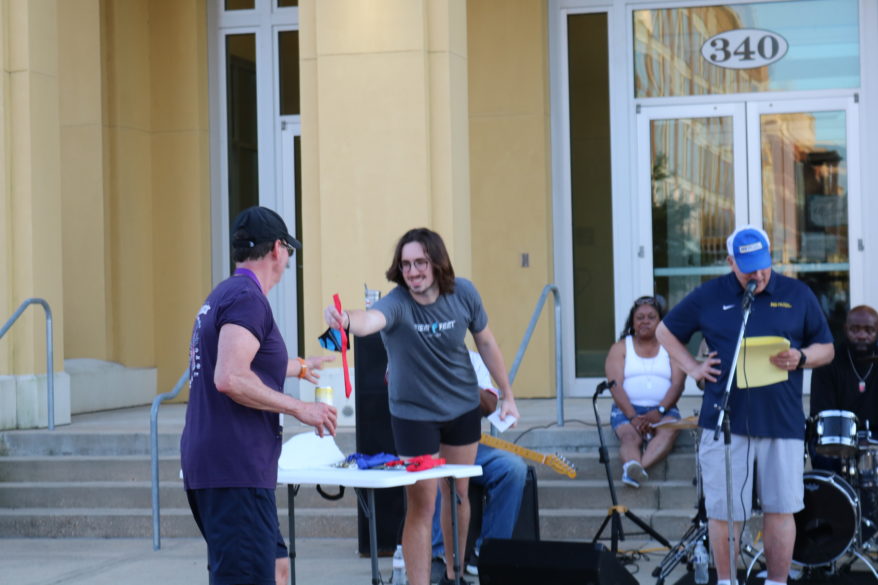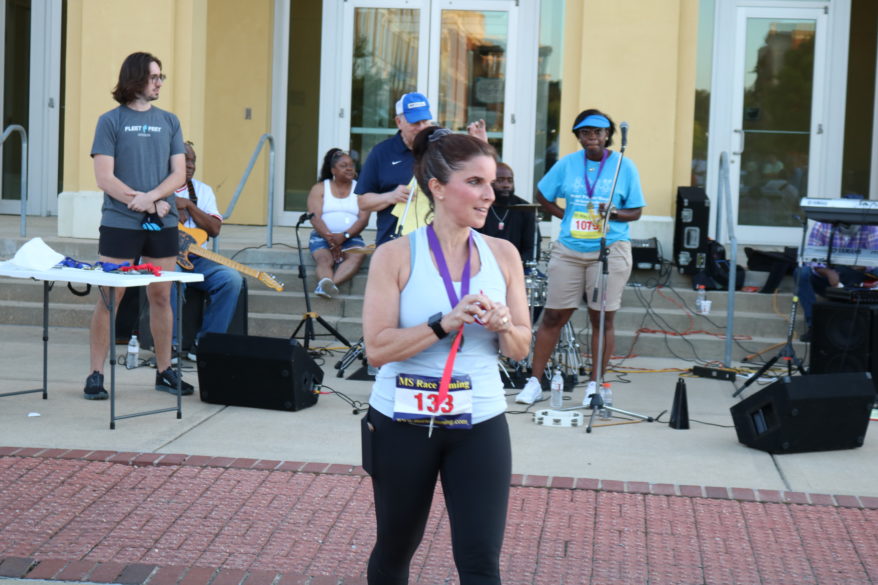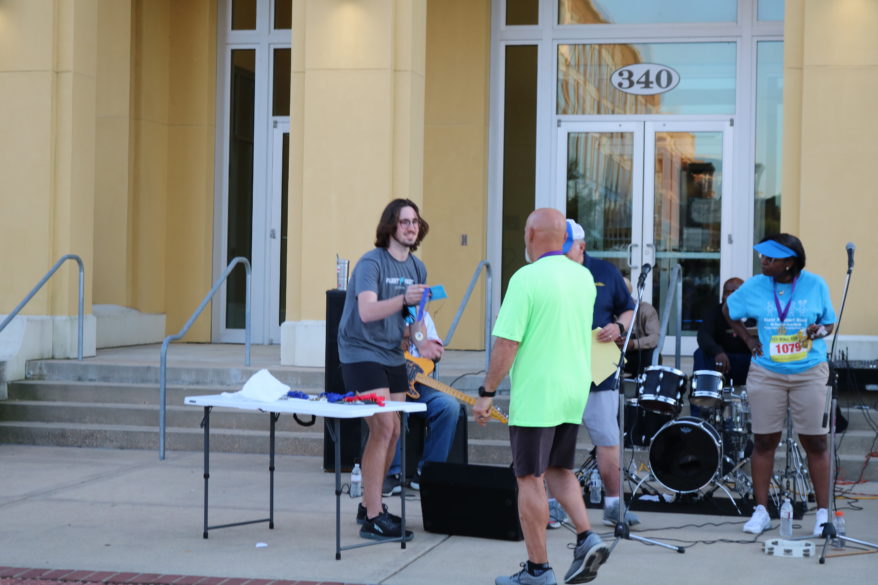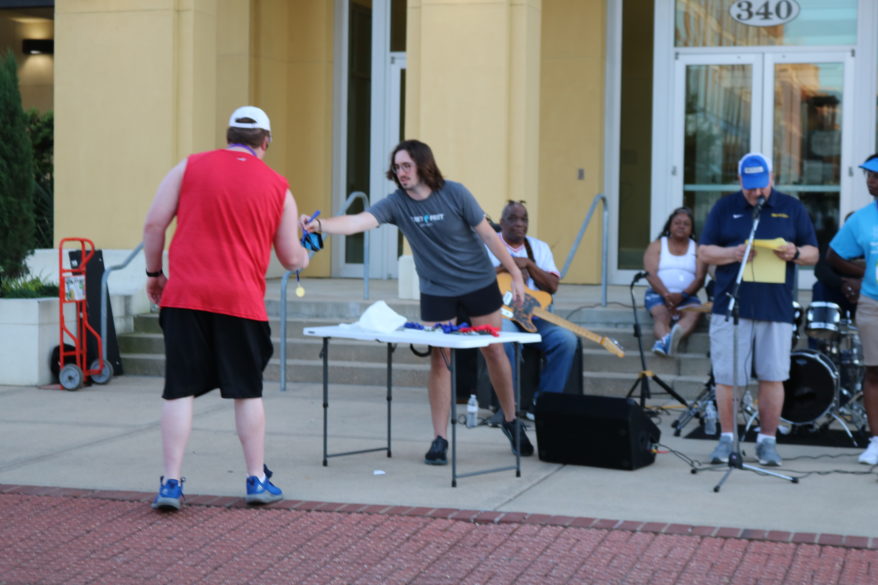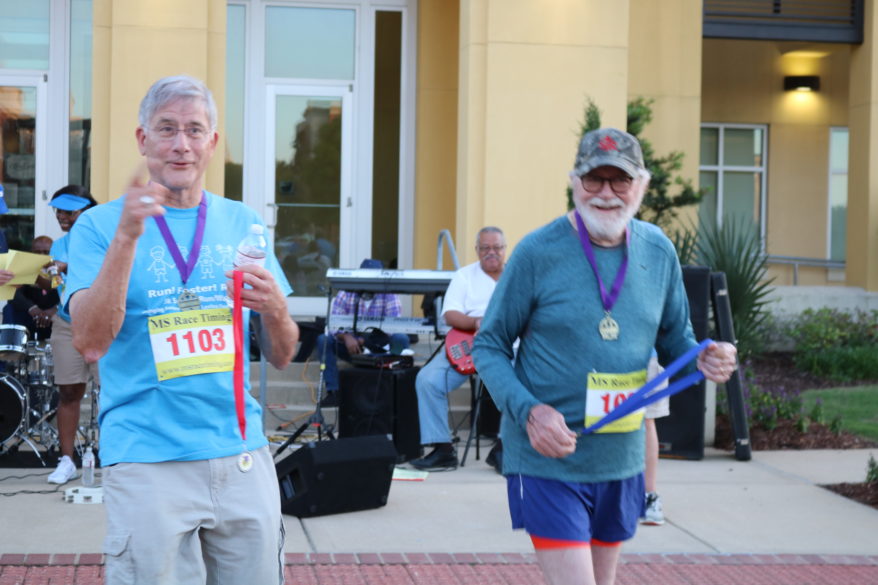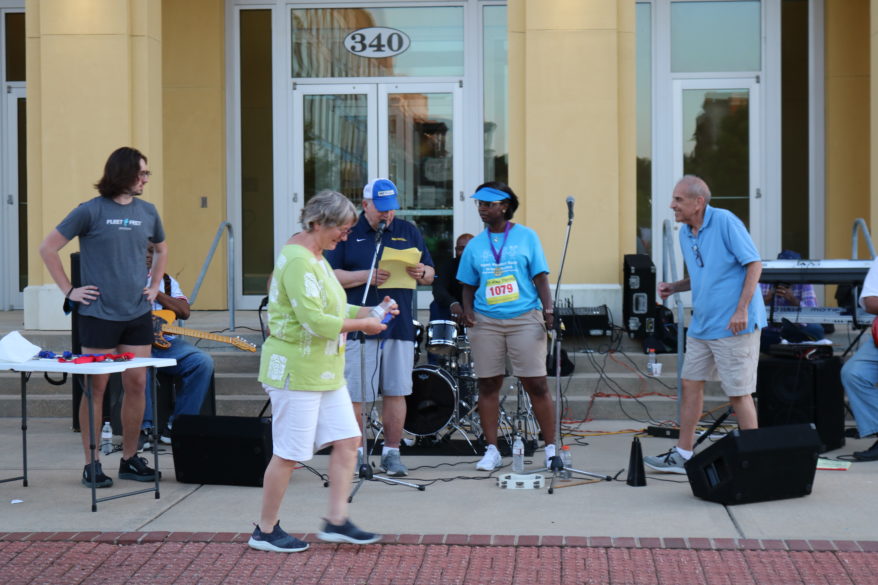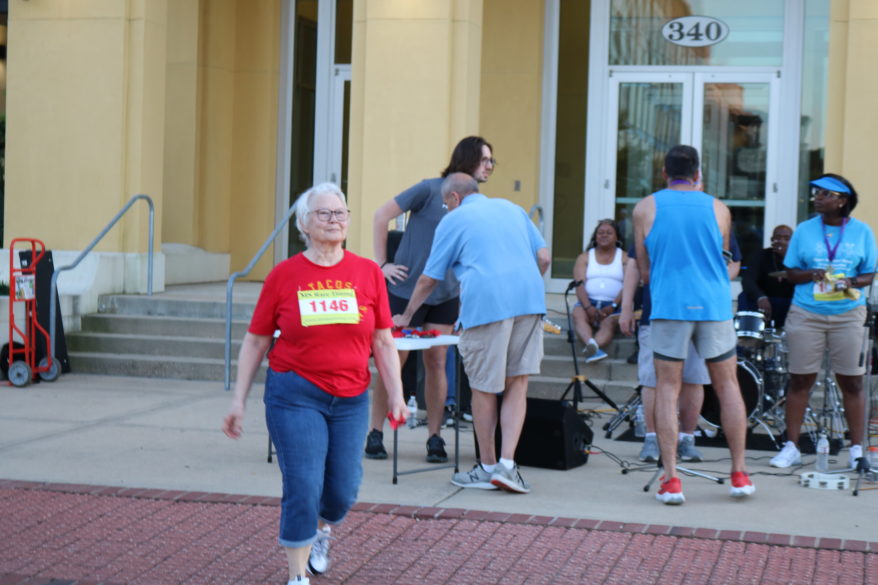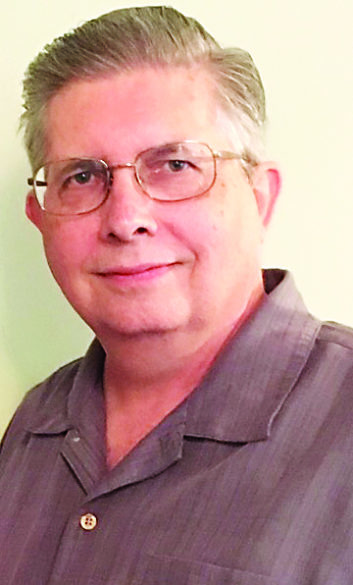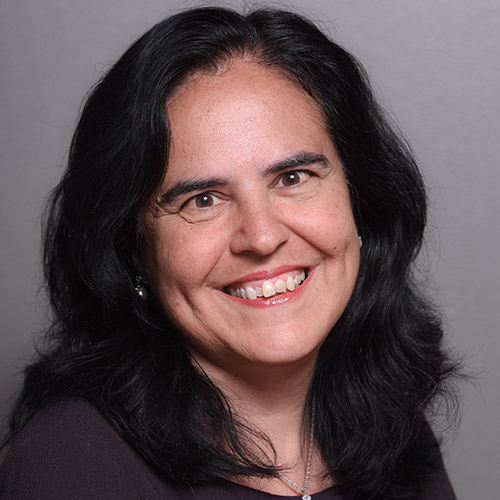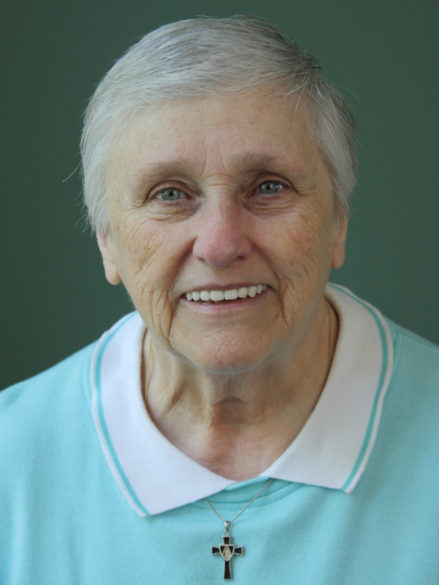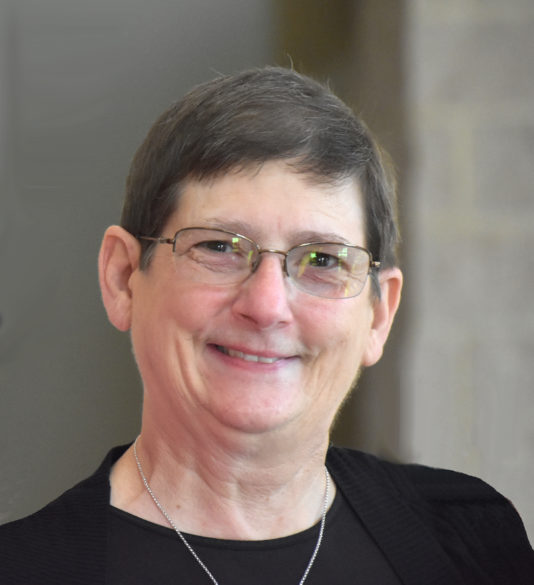By Bishop Joseph R. Kopacz, D.D.
Pope Francis often has described the upheavals across the globe, socially and environmentally, as a change of an era, not merely an era of change. At the center of his Holy Spirit driven dream contained in his most recent books, Fratelli Tutti and Let Us Dream, the Path to a New Future, is the hope that the world would not only extol liberty and equality as the ultimate values but would evolve to form the perfect triangle with the inclusion of fraternity.
The pending feast of Pentecost beckons as the culminating moment of the Easter season next weekend, when we celebrate the transforming power of the Holy Spirit who can renew the face of the earth, and the landscape of our hearts and minds. This is the divine drama whose culmination will be at the second coming of the Lord Jesus. The early church experienced a change of an era moment very quickly, a second Pentecost event, in the home of Cornelius, last Sunday’s first reading from the Acts of the Apostles. (Acts 10:25-48)
Most Catholics can identify with the first Pentecost and the birth of the church when the Holy Spirit with a strong driving wind and tongues of fire launched the proclamation of the Gospel with the 120 disciples gathered in prayer, including the 12 apostles and the Blessed Mother. Peter, the first among equals of the apostles, stood up in the midst of the emerging community of believers to address the devout Jews gathered from every nation who were in Jerusalem to celebrate the Jewish feast of Weeks, the first fruits of the harvest. After Peter’s historic preaching of the Kerygma in the context of the Hebrew scriptures of salvation history, 3000 were baptized that day, all of them Jews. (Acts 2:41) The great commission of the Lord Jesus (Matthew 28:16-20) to the 11 apostles before ascending into heaven, to make disciples of all the nations, baptizing them in the name of the Father, Son and Holy Spirit, was in their world view a message of salvation intended exclusively for the sons and daughters of Abraham scattered in the diaspora.

The second Pentecost moment that ushered in the change of an era did not occur at the religious, economic, and cultural center of the Jews in Jerusalem, but in the living room of a pagan. Peter, again at the center of the divine drama, was pushed and prodded by the Holy Spirit in a repetitive vision to kill and consume unclean food. (Acts 10:10-16) Peter found this repulsive and refused to indulge. Upon awakening three strangers arrived and directed him to the home of Cornelius, a centurion, where he and his family were eager to offer hospitality to the preeminent leader of the disciples of the crucified and risen Lord.
What was so dramatic about this encounter, is that Peter underwent radical conversion because mixing and mingling with Gentiles was the source of his revulsion, that which the food symbolized. He began his discourse unaware that the second downpour of Pentecost was imminent. In the middle of his preaching on the crucified and resurrected Lord of history, the Holy Spirit, more or less, went over the top of Peter and fell upon the Gentile’s with the fire of God’s love. This encounter, although off the beaten path, was at least as dramatic as the first. Peter and the pious Jews from Jerusalem were shocked that the Holy Spirit could have been poured out upon the Gentiles, the uncircumcised, the pagans, the impure. (10:46) This groundbreaking moment revealed to Peter and church leadership, all Jewish at the time, that the outpouring of blood and water on the Cross and of the Holy Spirit truly was a universal gift.
The joy overflowed for many of the believers, but this revelation caused considerable division in the early church. The Council of Jerusalem (Acts 15) officially resolved the question of the extent of the Mosaic Law that would be incumbent upon Gentile converts, but the battle in the trenches of church life raged for generations over the necessity of circumcision for the Gentiles, the sign of the covenant that went back to Abraham.
The first and second Pentecost moments as recorded in the Acts of the Apostles manifestly displayed that the Holy Spirit, then and now, is poured out upon the entire church, especially when gathered in prayer. At times, God’s liberating actions can take everyone by surprise.
Pope Francis calls these events, an overflow of God’s grace, and the foundation for what Pope he sees as the need for active Synodality in the Church. These forums for prayer, dialogue and discernment, where the community of believers gather, ordained and laity, are as essential to the church in the third millennium as they were in the first. They give witness to the liberty we know in Jesus Christ, the equality of dignity that all people possess made in the image and likeness of God, and the fraternity that is inherent in the Great Commission to make disciples of all the nations. Indeed, come Holy Spirit in our time, and infuse the church with the breath of God, who is ever ancient and ever new.


